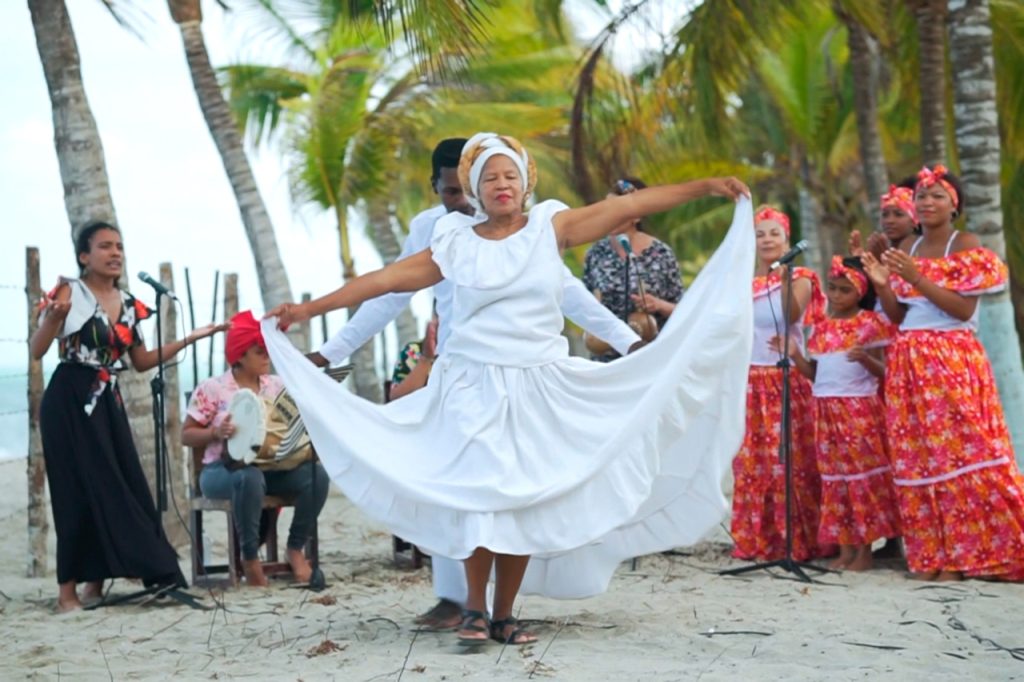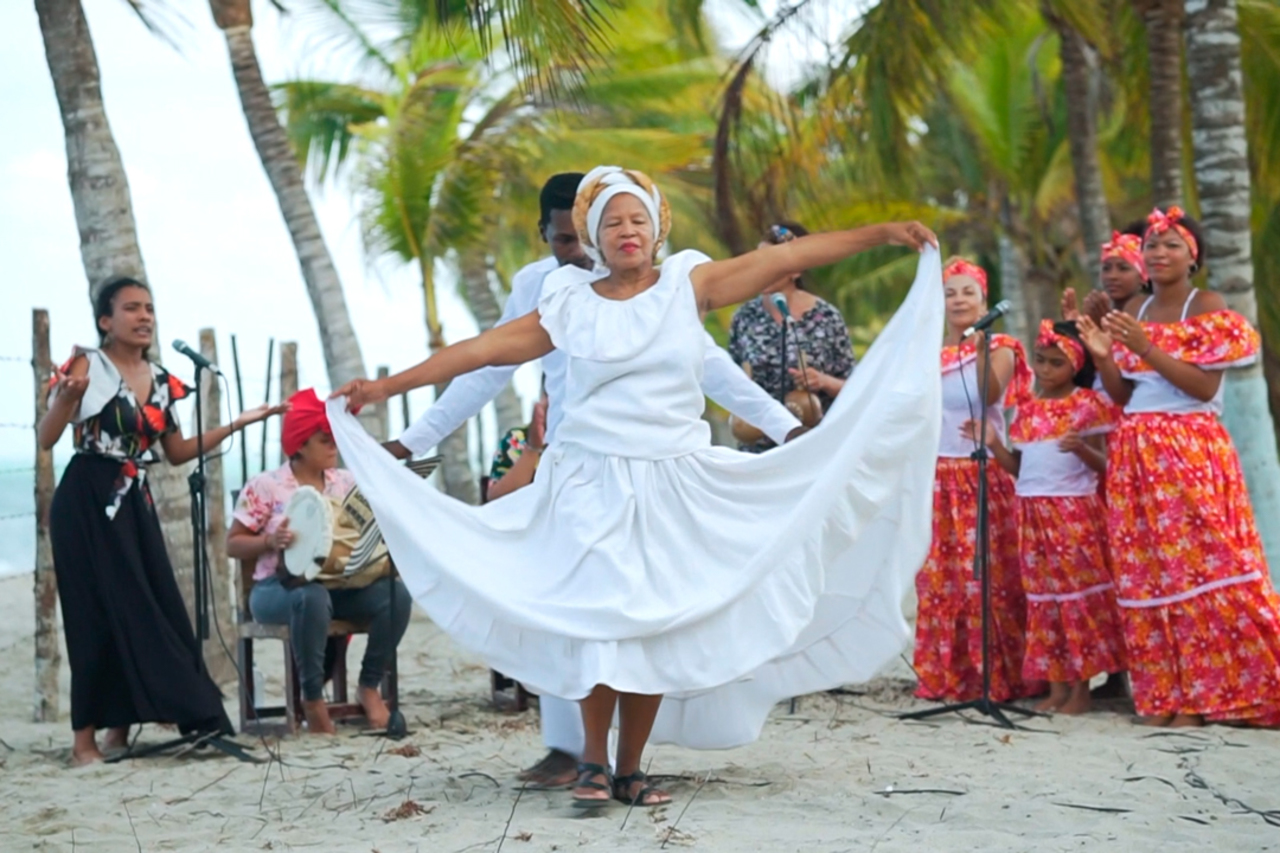Las traditions of Tolú are a vivid reflection of the rich cultural heritage of this region. From vibrant festivities to ingrained customs, each element tells a story that has been passed down through generations.
In this article, we will explore the various facets that make up the traditions of Tolú, highlighting its most notable customs, cultural events, and the importance of oral tradition.
Known for its cultural diversity, Tolú offers a variety of celebrations and events that attract both locals and visitors.
The preservation of these traditions is crucial to keeping the community's identity alive. Let's discover together what makes the traditions of Tolú.
- What are the traditions of Tolú?
- What are the most notable customs of Tolú?
- How is the Day of the Dead celebrated in Tolú?
- What cultural events are held in Tolú?
- What is the history behind the traditions of Tolú?
- Where is the Alfeñique and Regional Sweets Fair held in Toluca?
- How are oral traditions transmitted in Tolú?
What are the traditions of Tolú?
Las traditions of Tolú are a set of cultural practices that reflect the history and identity of its inhabitants. These traditions include religious festivities, popular celebrations, and everyday practices that have been maintained over the years.
Each event is an opportunity for the community to come together and celebrate its heritage.
Among the most emblematic traditions are the patron saint festivals, where homage is paid to local saints, showing the religious fervor of the community. These celebrations include dances, music, and typical foods that are part of the culture of Tolú.
Another important aspect is the mythology of Tolú, which intertwines with the festivities and customs. Legends and oral tales are fundamental to understanding the significance of each celebration and how they have adapted over time.
What are the most notable customs of Tolú?
Las customs of Santiago de Tolú are diverse and each has its own story. Gastronomy, for example, plays a central role in the celebrations, with typical dishes that are part of the tradition. Some of the most notable dishes include:
- Shrimp ceviche
- Coconut rice
- Dulce de leche desserts
Music is also an essential part of the customs. Indigenous rhythms and Afro-Colombian influences come together in dances that are performed during the festivities. Local folklore is enthusiastically lived, serving as a means to transmit cultural identity to new generations.
In addition, the patron saint festivals in Tolú are an opportunity for the inhabitants to show their devotion. During these events, the community unites to carry out processions and rituals that strengthen their sense of belonging and connection to history.

How is the Day of the Dead celebrated in Tolú?
El Day of the Dead in Tolú is one of the most significant celebrations, where loved ones who have passed away are honored. Families prepare altars in their homes and in cemeteries, decorating them with flowers, candles, and foods that were favorites of the deceased.
Customs in this celebration include:
- Visits to cemeteries to decorate the graves.
- Preparing traditional dishes like tamales and pan de muerto.
- Performing rituals that include prayers and offerings.
The Alfeñique Fair, celebrated in the context of the Day of the Dead, is a prominent event where candies and crafts are showcased. This event has become a meeting point for the culture of Tolú, promoting tradition and local trade.
What cultural events are held in Tolú?
In Tolú, several cultural events are held throughout the year. The Alfeñique and Regional Sweets Fair is one of the most important, where art, music, and gastronomy exhibitions are presented. This event highlights the cultural diversity and creativity of local artists.
Another significant event is the Folkloric Music Festival, which brings together artists from different regions to share their music and dances. During this festival, attendees can experience the culture of Tolú at its finest through music, dance, and traditions.
In addition, literary gatherings and theatrical performances that promote the oral tradition in Tolúare held. These activities allow local storytellers to present their stories, thereby strengthening the connection between generations.
What is the history behind the traditions of Tolú?
The history of the traditions of Tolú dates back to pre-Columbian times, where indigenous communities already had their own customs and rituals. With the arrival of the colonizers, these practices merged with European influences, creating a unique cultural syncretism.
The traditions have evolved, but their essence remains the same. The preservation of Tolú's history is reflected in each celebration, where the inhabitants pay homage to their ancestors and their beliefs.
Manuel Estaban Herazo, a renowned storyteller of the oral tradition in Tolú, has been fundamental in conveying these stories. His tales of sailors and local myths have kept the connection to the past alive, and his performances are anticipated at every cultural event.
Where is the Alfeñique and Regional Sweets Fair held in Toluca?
La Alfeñique and Regional Sweets Fair is held in the Portales of Toluca, an emblematic place filled with color and joy during this event. Since its inception in 1989, the fair has grown in popularity, attracting thousands of visitors eager to enjoy local gastronomy and traditions.
This event not only highlights culinary richness but also includes cultural activities such as workshops, musical performances, and craft exhibitions. The participation of local artists adds additional value, making this fair a meeting point for the culture of Tolú.
During the fair, typical regional products can be found, allowing attendees to take a piece of tradition home. The experience is unique and reflects the diversity and creativity of the people of Tolú.
How are oral traditions transmitted in Tolú?
La oral tradition in Tolú is a fundamental vehicle for the transmission of stories and customs. Through storytellers, local legends are shared in various spaces, from festivals to community gatherings.
The use of mythology of Tolú in these narrations allows listeners to connect with their history and culture. Stories of heroes, myths, and historical events are told in a captivating way, ensuring new generations value their heritage.
Storytelling workshops and school programs also play a vital role in preserving oral tradition. Through playful activities, young people learn about their culture and are encouraged to continue the practice of storytelling.
To learn more about the traditions of Tolú, we invite you to enjoy the following video:
Additionally, the role of local media, such as Morrosquillo Estéreo, is crucial in spreading and promoting these traditions. Through radio programs and live events, a space is fostered where Tolú culture comes to life.


Tradiciones relacionadas